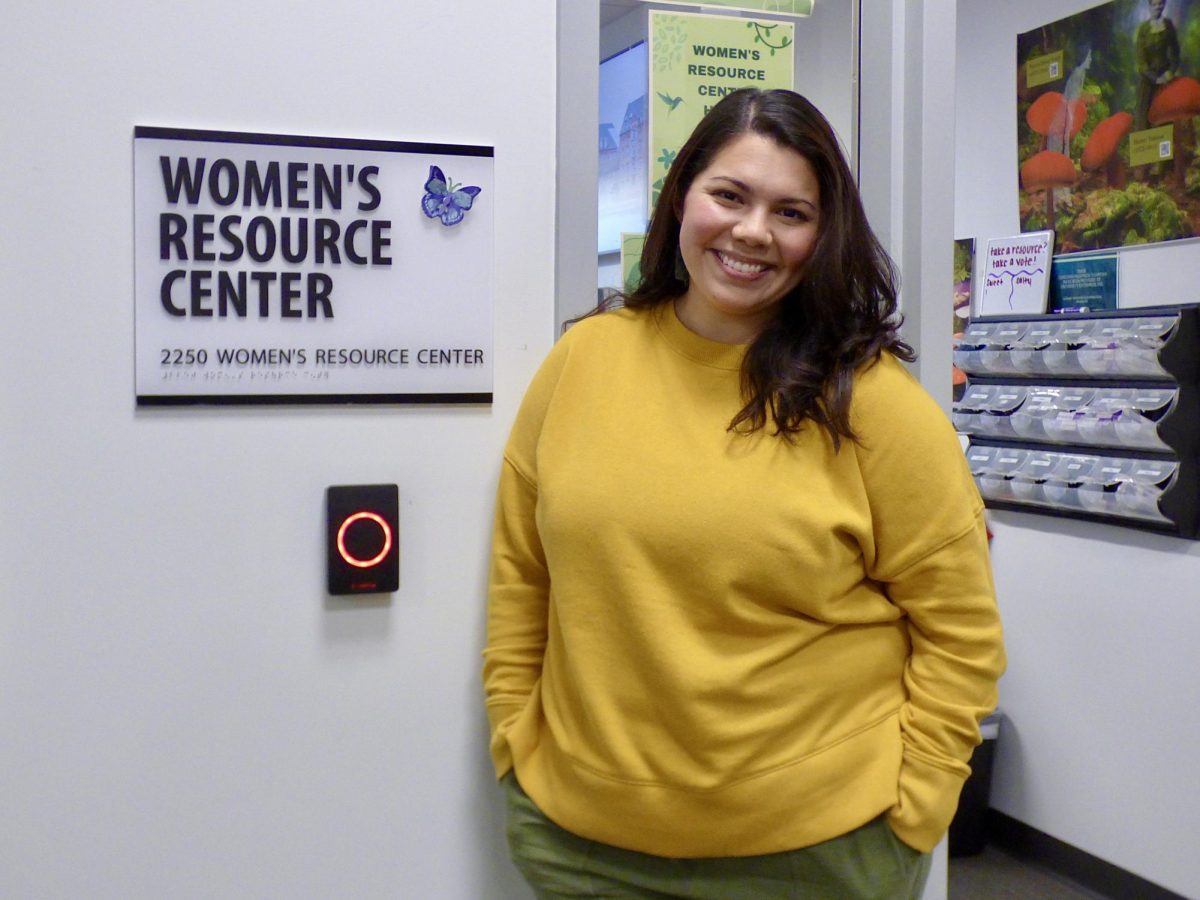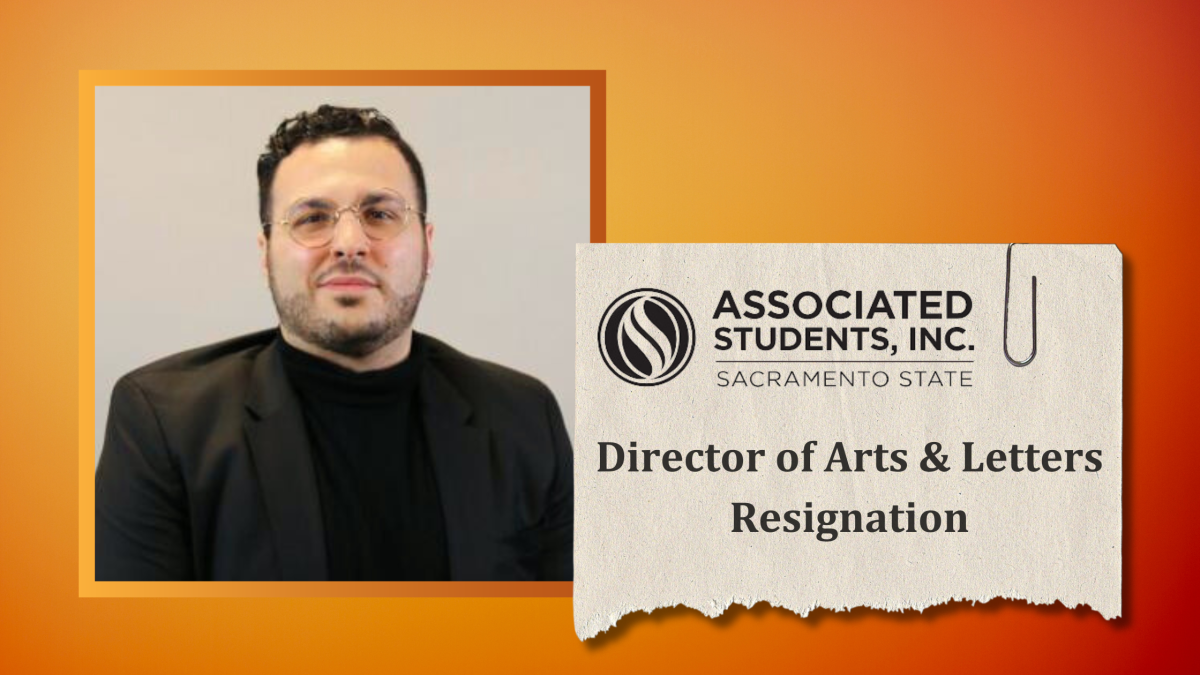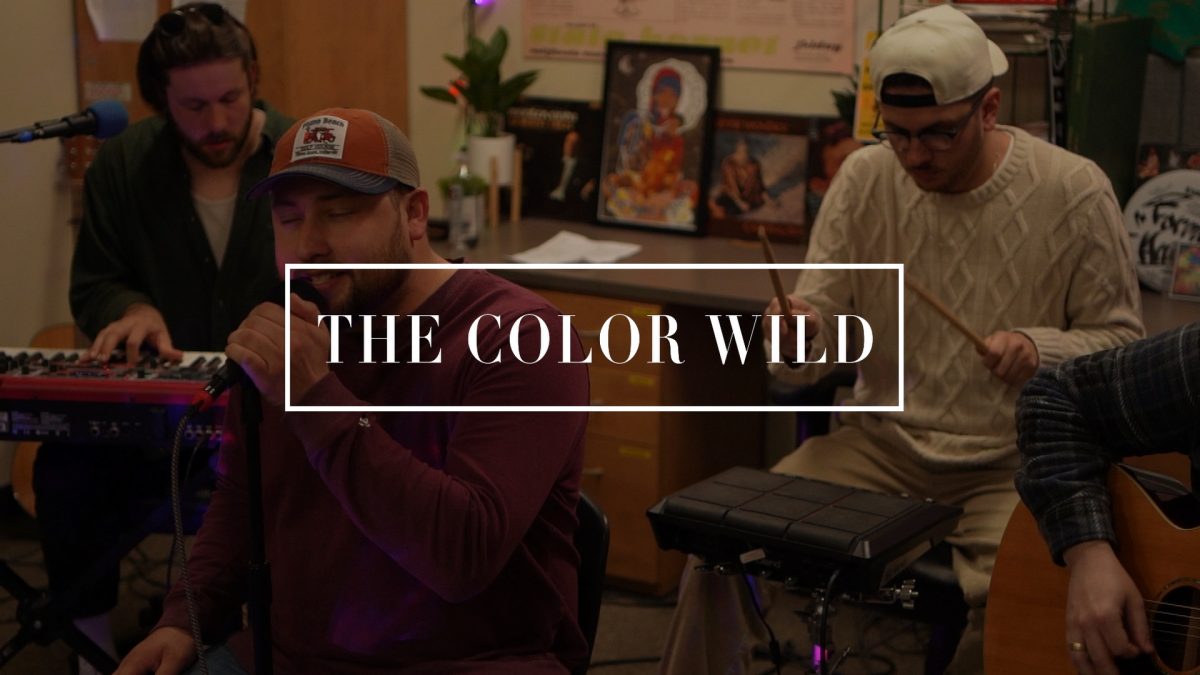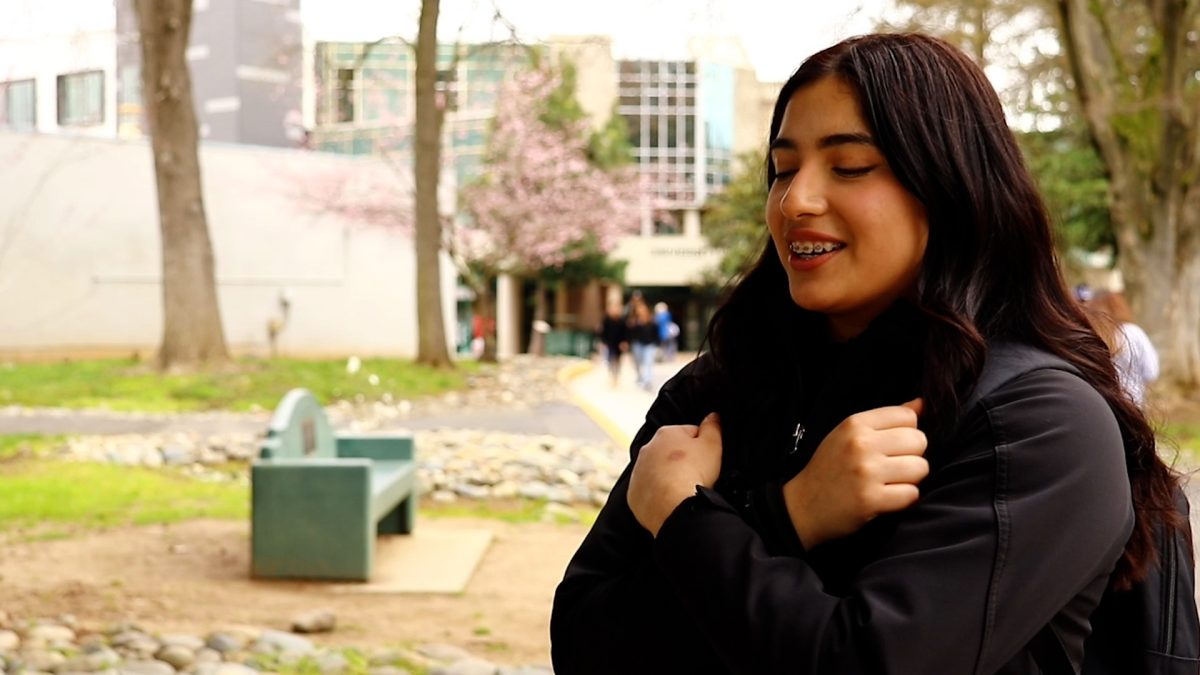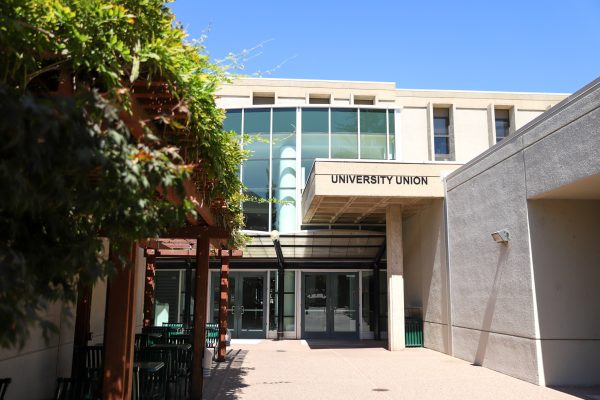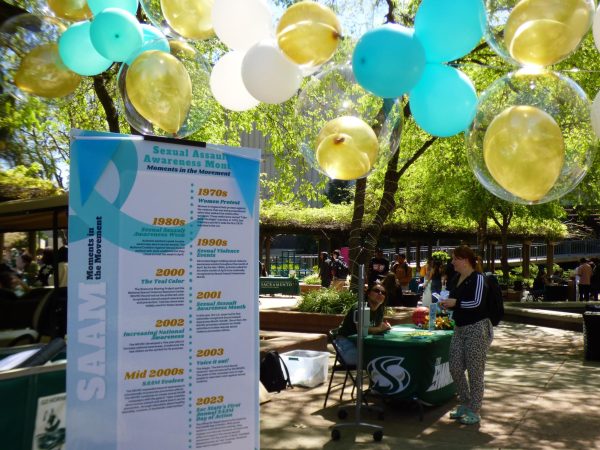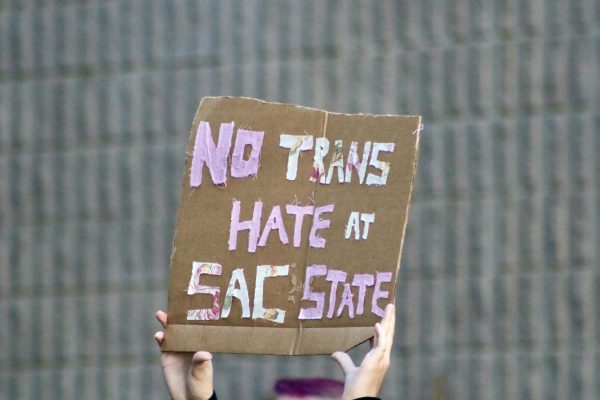She’ll never tell: Sac State Confessions creator Madison Hall knows all your secrets
March 6, 2013
Stories of sex, drugs and defecating on the top floor of Parking Structure III flood the “Sac State Confessions” Facebook page daily.
The page is an outlet where girls plea for attention, guys plea to not be friend-zoned and others share details about public masturbation, sex with professors or whatever nasty prank they played on their roommate.
Although the page is meant for Sacramento State students, it has no affiliation to Sac State and many people from other schools and cities are following the page.
The student running this page said she created it after reading similar renditions for UC Santa Cruz, UC Davis and Chico State.
“When I was looking at these other confession pages, I started thinking (about) why Sac State didn’t have one,” said freshman business major Madison Hall. “These other schools seem to have a stronger sense of community and more outlets for students to get together. Sac State students are always complaining that we’re not a community. This page can bridge a gap for a lot of us who feel disconnected from the rest of campus.”
The page, created in October, has more than 6,000 likes and the number grows by at least 100 people every day, Hall said.
“I can see insights to the page, like who’s liking it, what’s trending and who comments the most,” Hall said. “Since I created the page, the amount of people talking about it has increased 54 percent and it reaches a total of 71,154 people a week.”
While many students find the page incredibly entertaining, it raises questions for some as to what legal issues might arise from some of the posts.
“I bet less than half of the posts are true,” said sophomore liberal studies major Jasmine Murray. “But when you read one about a student having sex with a professor for an A, you start to wonder if any repercussions will come out of it.”
Because the posts are anonymous and there is no guarantee of truth, not a lot of action can be taken.
“The site used graphics to make it look like an official Sac State site, but since they changed it, our ability to regulate the site is limited,” said Sac State Police Chief Mark Iwasa. “We haven’t been made aware of any illegal posting, but if there were anything illegal being posted we would definitely follow up on it.”
Anything posted on Facebook becomes a product of the public arena. Iwasa said they have no plans to monitor the site at this time.
Hall said she cannot see any names of the people who post on the page, but she can see their Internet Protocol address.
“It’s just as anonymous to me as it is to everyone else,” Hall said.
Professor Kristen Tooley of the psychology department said because the page is not Sac State affiliated, the page facilitator is not legally responsible to report anything, but they should feel morally compelled to encourage these people to get help and seek support.
In a situation where someone could be at risk or put others at risk, Hall said she would contact the police and provide them with the IP address of the person who made the post.
“The page is not Sac State affiliated, so administration hasn’t gotten involved – at least, not yet,” Hall said. “I have, however, received a message from the Office of Public Affairs to change the profile picture to a non-trademarked logo. I had no problem obliging to that.”
The president of the Interfraternity Council also messaged Hall, concerned that some of the posts could cause dissension in the Greek system. Wanting to keep the page as drama-free as possible, Hall decided it was time to create a list of rules for herself when filtering certain posts.
The first rule is no jokes or quotes from movies.
“These kinds of posts are just boring,” Hall said. Using a famous quote from a movie everyone has seen isn’t a confession.”
The next rule is no repeat posts or posts that are overly similar.
“Some people will literally send me the same post over and over again. The page would be less fun if I posted 50 of the same ‘I hate my roommate’ statuses,” Hall said.
The next rule is no posts using someone’s name in a negative way.
“This is not a site for bullying,” Hall said. “People hide behind this page and I don’t want to give them the option to bring other people down; it wasn’t created for that purpose.”
Some students said they do not like the page and they find it more offensive than funny.
“I don’t understand why people would share some of the stories they do, anonymous or not,” said senior criminal justice major Megan Assenza. “I know people who have had their personal business broadcast online and those people got hurt. Some personal information is better kept private.”
Facebook settings allow Hall to only post the confessions every ten minutes. Hall said she posts every day between 8 a.m. and 10 p.m. – about 84 posts a day.
“I like the page, but I had to take it off my news feed because there is just too many and it became ridiculous,” said sophomore public relations major Henry Lathrop. “It’s a good source to find people who have things in common with you, but some posts just make me wonder why someone would ever write those things for everyone to see.”
The majority of the posts are comical in nature, but recently people are posting things about contemplating suicide, being clinically depressed or sexual assault. Some students comment on these types of posts, leaving encouraging comments or links to the Student Health and Counseling Services, but there is no guarantee these people will seek the help provided.
Hall said she will continue to post confessions of that nature because it is a way for other students to reach out and offer support, but it is not a substitute for seeking legitimate help.
“The facilitator should provide a proper referral to the Student Health and Counseling Services or post on the site that if anyone is having these feelings, they should go here or there, and then provide links to places they can get the help they need,” said professor Lee Berrigan of the psychology department. “There are advantages and risks to a site like this because many of the posts regarding self-harm may go unaddressed.”
Depression should not be taken lightly. The confessions page can be a positive outlet for students to seek advice anonymously if they are not ready to talk to someone. And as a student body need to take these posts seriously, and reach out to our peers in need.
Students struggling with depression or thoughts of suicide can go to the counseling center at the Well or visit this link: ://www.csus.edu/hlth/
“The people submitting posts about suicide are living with very serious depression. I can only hope that by posting their submission on the page, they can read the comments and feel less alone, and know their fellow students and friends want them to seek help,” Hall said.
Hall plans to continue facilitating the page and bring more students together through an entertaining, and somewhat unconventional, method. In the meantime, students can still post on Facebook via the link on the page’s “About” box.






